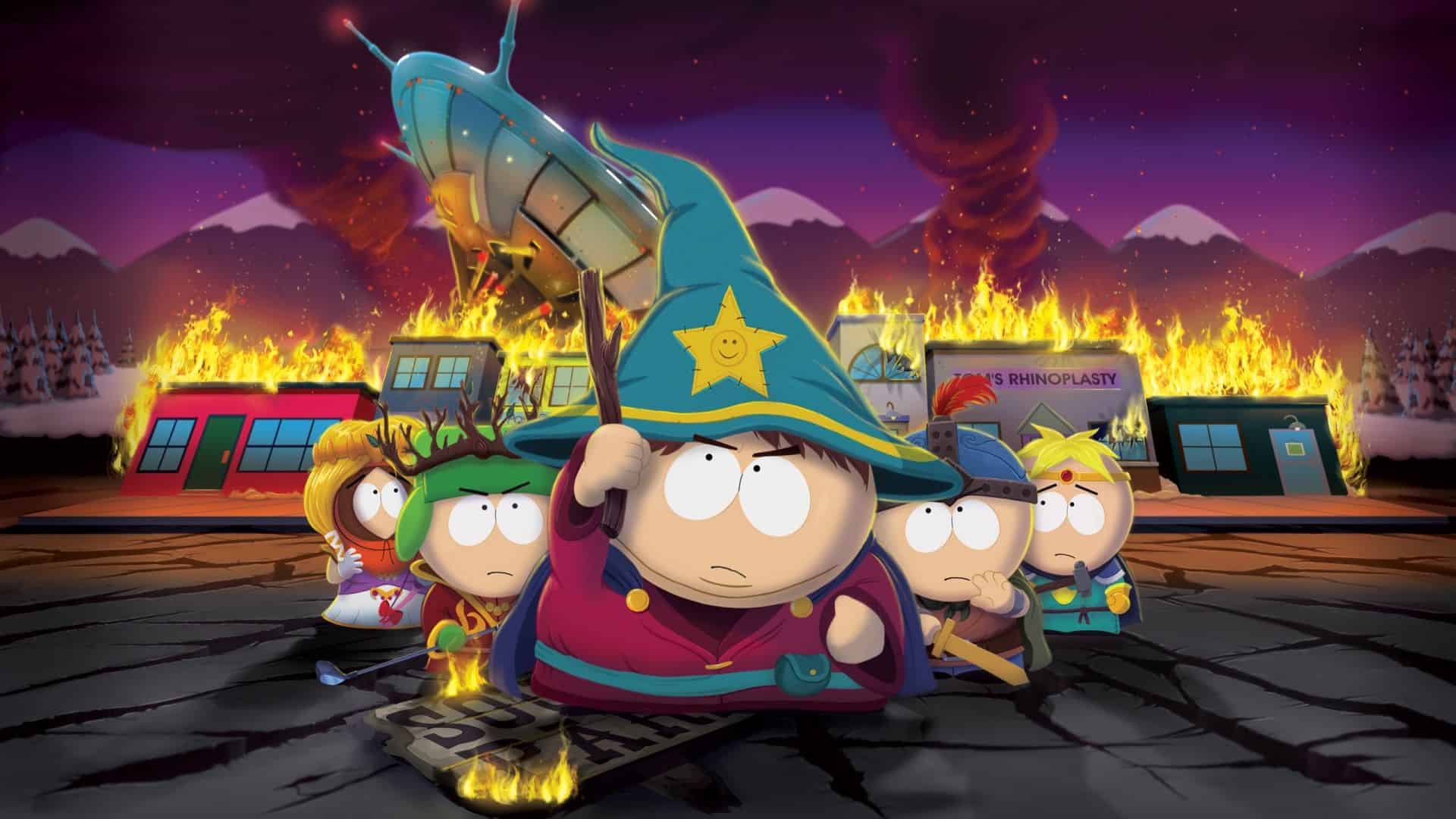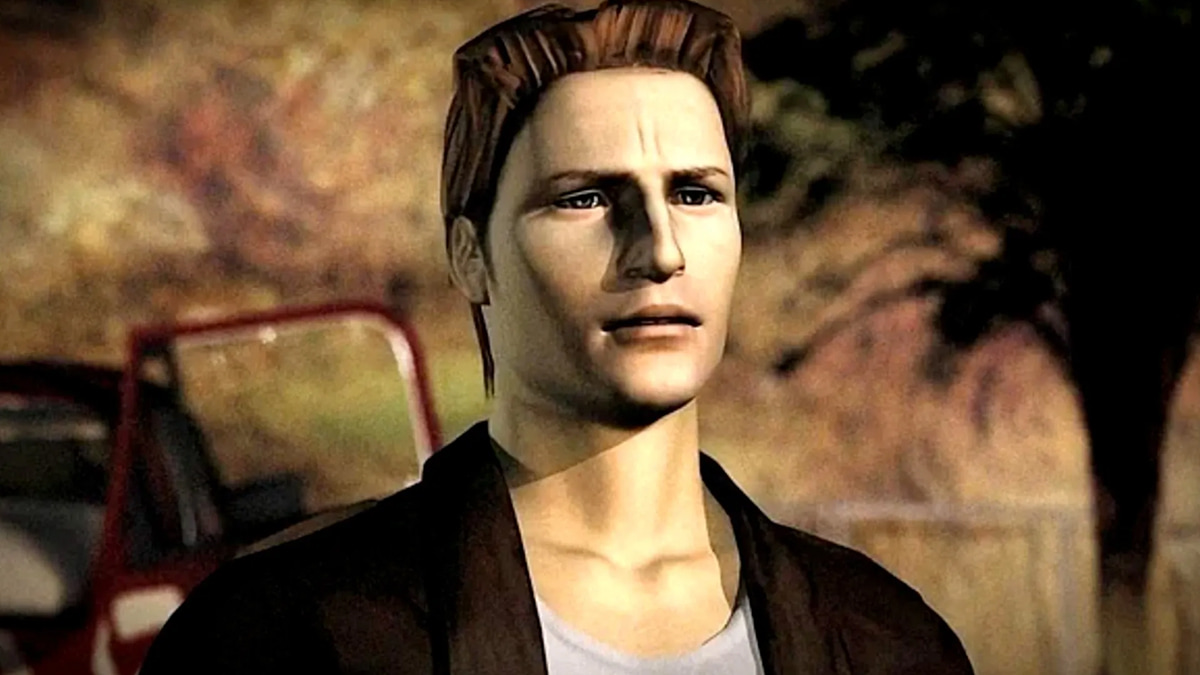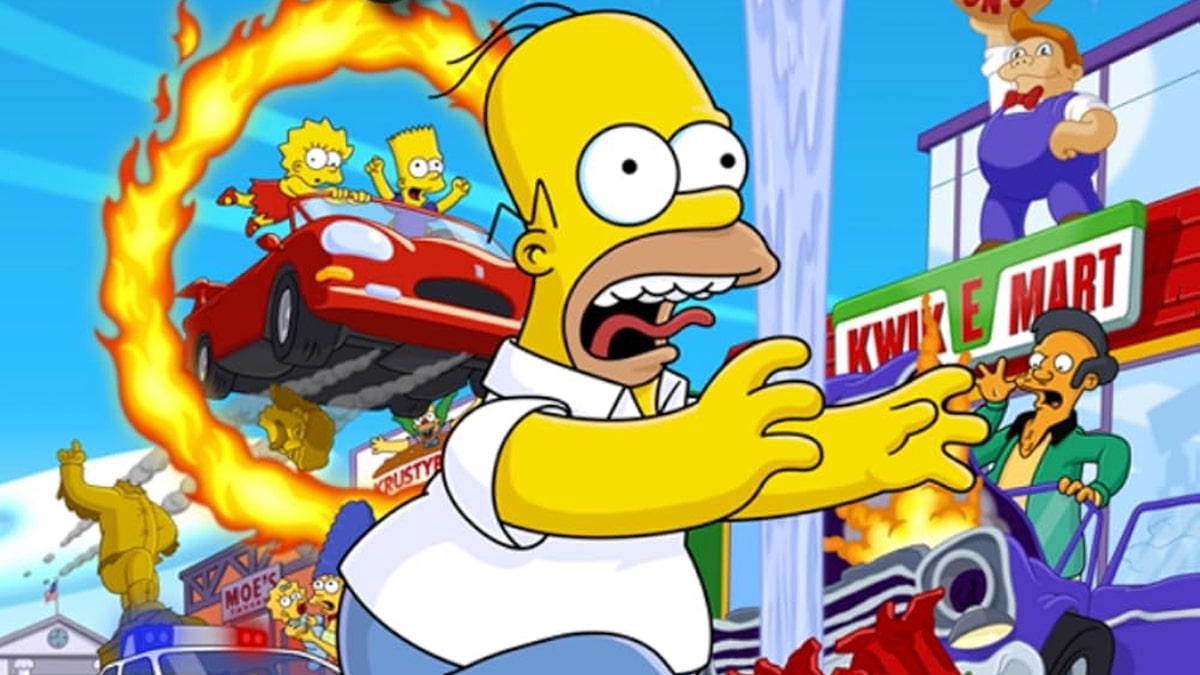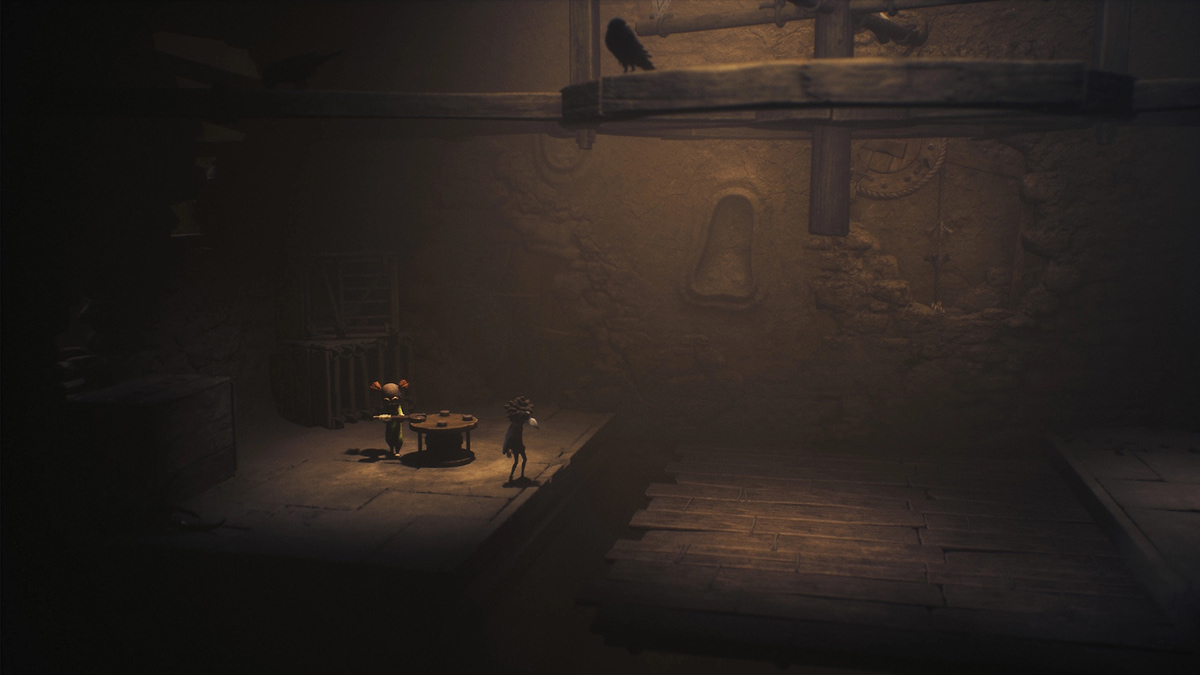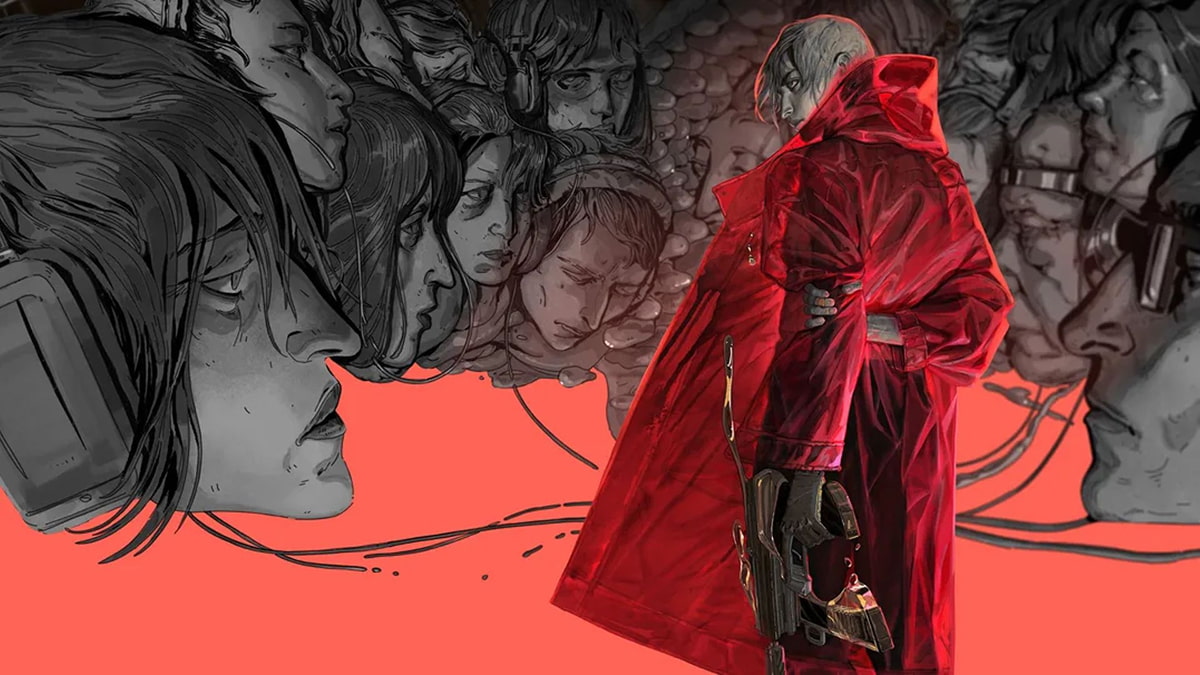You can trust VideoGamer. Our team of gaming experts spend hours testing and reviewing the latest games, to ensure you're reading the most comprehensive guide possible. Rest assured, all imagery and advice is unique and original. Check out how we test and review games here
We all enjoy moaning and arguing about review scores. It’s a way to try and justify our own opinion on something we love or hate, and is – probably – responsible for more rows than the JFK conspiracy. Ensuring different views are spread out far and wide across the industry, however, is beyond important. If everyone just whacked the same number on to the end of a review, there’d be no point in having numerous sites with different individuals giving their take on a specific game. We’d just need one stopping point to pop across to once a week.
The ‘they’ve got it wrong’ attitude will never go away, but there are occasions where a game can divide people more than others. In terms of this week, that honour goes to South Park: The Stick of Truth.
As an avid fan of the series I can tell from the short amount I’ve played, along with the countless ‘You’ll love this, Miller!’ comments, it’s something that will probably go into my GOTY bucket. The general opinion in the office, too, has been a positive one: a title that can simultaneously win over casual and hardcore followers of Trey Parker and Matt Stone’s creation.
The question for some, then, is why VideoGamer.com gave the game a 6/10. No bad score by any means – the perception of what these numbers actually mean has long been skewed and misinterpreted – but one that is always likely to raise a few eyebrows. A high-profile release with plenty of momentum, backed up by other outlets giving it anywhere from a strong 8 to a powerful 9.
The answer is very simple. For too long the ‘wrong’ brigade have found a way to shout ridiculous things from up high, somehow gaining some weight that a person’s own thought process could be incorrect. I’m not saying these things shouldn’t be debated – far from it – but assuming any sort of publication has missed the mark is ludicrous (individual error or unprofessionalism aside).
In our South Park review, our man was won over by The Stick Of Truth in terms of its representation to the license and how it mimicked the show near-perfectly. For many, that’s all they need. The experience alone instantly results in a game that works for them. It will have familiar South Park references, fan-service up the hooha, and be loaded with the humour they’ve come to appreciate for well over a decade.
But what about the mechanics underneath? Again, depending on your approach, the RPG-systems in place may work wonderfully in complimenting everything else Obsidian has offered up. On the other side of such a point, mind, is the idea that this is a RPG which never really dives to the depths others do. Has Ubisoft sold it in such a way? No, but that’s not to say someone couldn’t feel a little disappointed there’s not more to it gameplay-wise – you’d be hard pushed not to accept such a point.
Ultimately, the ‘game’ part wasn’t executed to the same standard as the bells and whistles that made up the rest of the concept, or at least not in the eyes of Dan.
In many ways, given that most people will seek out multiple reviews to justify or influence any decision they may make, this should be deemed as an exceptionally positive tool. If there’s even the slightest doubt in your mind that South Park alone isn’t enough to pull you in for 12+ hours, then you’ve found a piece of writing which helps you consider that just a little bit more. Similarly, if the brand has significant meaning to you, knowing it’s been treated with the care and respect only its creators could give it is reason enough to part with your hard earned cash.
To pull back the curtain just a tad, there were those in the VideoGamer.com office that didn’t necessarily agree with the score. From some who had finished it to others who were knee-deep in the story, opinion was mixed and varied. But that didn’t mean that Dan’s opinion was invalidated or wrong; just different.
There-in lies the point, though. It’s ridiculous to think there’s going to be nothing but love for any game. Even the juggernauts of the medium have their naysayers, and as much as you may disagree with them, if the points are valid and well-argued, they, if nothing else, deserve to be discussed.
In this instance, we decided to do just that. To question someone’s own assessment because of a different take is healthy for the industry, but not to the point either side is ever drowned out entirely.
WIth that said, VideoGamer.com will always represent and respect such a notion.
South Park: The Stick of Truth
- Platform(s): Nintendo Switch, PC, PlayStation 3, PlayStation 4, Xbox 360, Xbox One
- Genre(s): Adventure, RPG

/https://oimg.videogamer.com/images/2aae/south_park_the_game_33.jpg)
